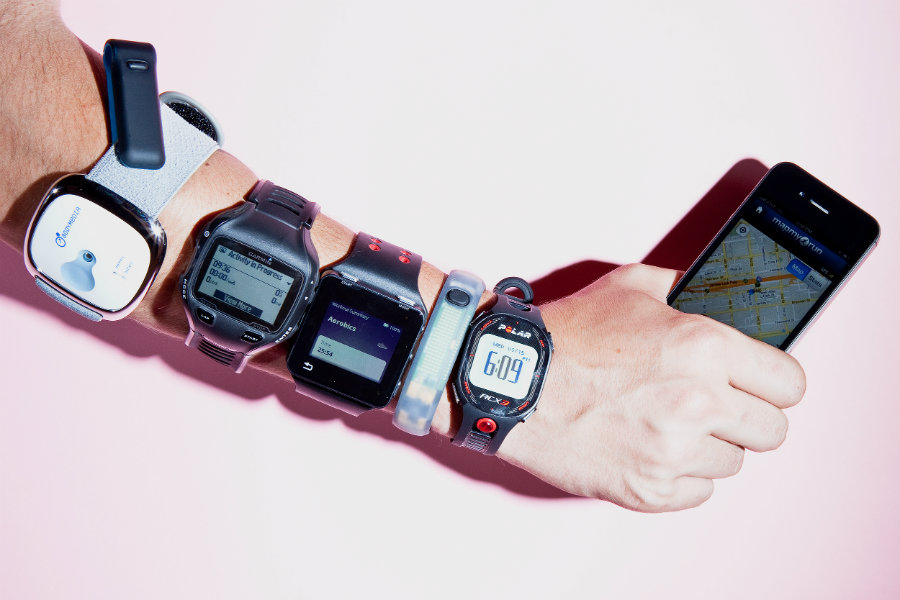Fitness trackers and other devices don’t aid in weight loss, as suggested by new research published in the Journal of the American Medical Association. The study concluded that overweight people who exercise for over two years without using fitness trackers lost more weight than those who did.
The group of researchers from the University of Pittsburgh studied almost five hundred overweight people between the ages of eighteen and thirty-five during a period of two years.

In the first quarter of the research, the participants were instructed to follow a low-calorie diet, attended support groups every week for counseling and got regular physical activity.
After that first half of a year, the participants received online support, text messages that had motivational quotes and had telephone counseling sessions, also, the weekly group sessions in person were reduced to a monthly reunion.
The fitness trackers and other devices
At the same time, fifty percent of the contestants was randomly selected to carry wearable devices that had a fitness app. The device had to be synced to their computers and phone to monitor their progress as time went by.
The device, which is to be worn on the upper arm, is called BodyMedia and was purchased by Jawbone at the beginning of the study.
“Based on information from other studies, we knew people would wear the technology. It provides information on steps, on your physical activity, and it’s pretty accurate information on your energy expenditure – how many calories you’re burning in the day. Then it had an interface that allowed you to go online and see things in a much more detailed way. You could also track nutrition with it, what you’re eating, and it would prompt you, hey you haven’t eaten breakfast today,” stated John Jakicic, study author and director of the Physical Activity and Weight Management Research Center at the University of Pittsburgh.
The results
Seventy-five percent of the participants completed the research’s two-year period and according to Jakicic, everybody got surprised by the study’s results. The study concluded that those who had the aid of the fitness tracker lost less weight than those who did not.
The group that used the fitness-tracked shed a media of 7.7 pounds, starting with an average weight of 212 pounds and finishing with 205 lbs. Meanwhile, the “control group” started at an average weight of 210 pounds and ended up with 197 lbs, a media of thirteen pounds lost.
The reality of fitness-trackers
This went against the hypothesis managed by the team of researchers, who believed that the technology would improve the weight loss process. Participants also claimed that the devices would stagnate them at a certain weight, and would rather nor use them.
Nonetheless, both groups improved their overall health, developed more muscle and lost fat, which confirms that any change in lifestyle is productive.
This seems to agree with other investigations. For example, according to a study published in 2015 in the Journal of the American Medical Association concluded that one-third of the people that participated in the research threw away their fitness devices after six months of use.
Source: CBS News
